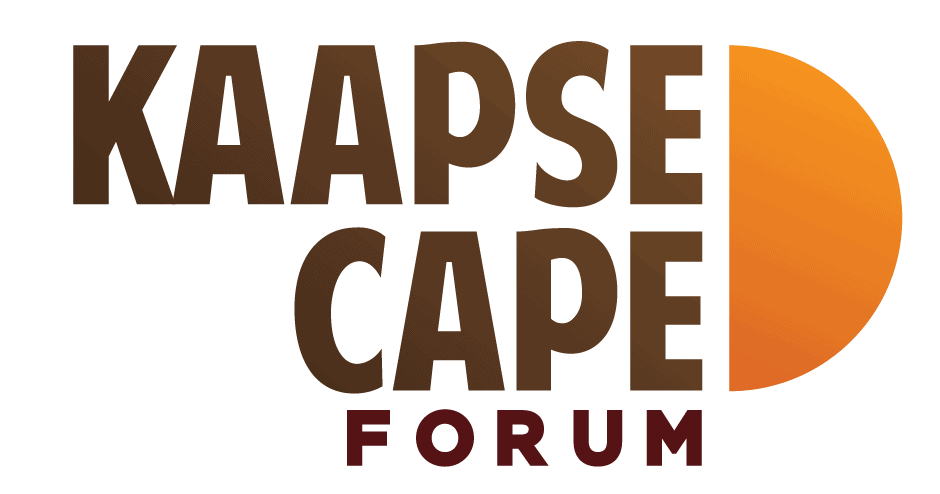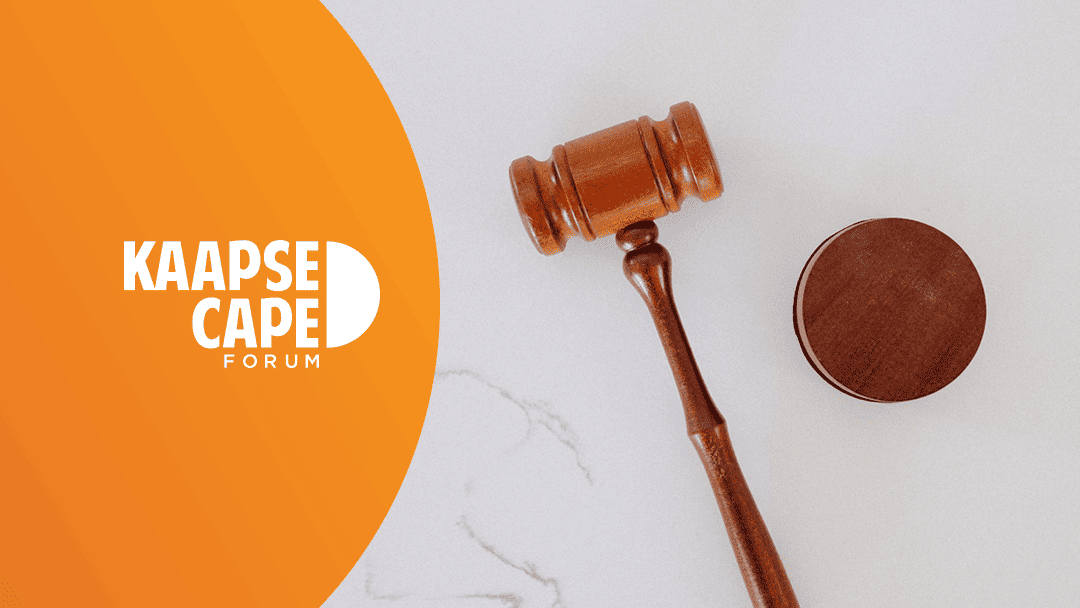Cape Forum approaches Constitutional Court over policing powers
Cape Forum submitted an application to the Constitutional Court on Friday 19 May, which aims to ensure that the residents of the Western Cape get more say in the management of the police service in the province. This must be done by way of a provincial referendum.
As a civil rights organisation, Cape Forum believes that policing is a far too important issue to be left solely to the provincial and national ruling parties, who are constantly butting heads over it.
Meanwhile, innocent people are dying daily at the hands of gangs, farm attackers, murderers and robbers, while women and girls fear rapists and men who make them feel unsafe in familiar surroundings. This is the result of them not being able to rely on the protection that the Bill of Rights promises them at all times.
The allocation of police resources from national level to the province (such as the number of members deployed at police stations) also plays a role. Together with this, it is problematic for Cape Forum that appointments in senior positions are made with candidates who are less qualified than local candidates or who do not speak the majority language of the province.
“We believe, as an organisation that advocates for the devolution of state powers to effective provinces, that residents should have a say in the management of services that affect their daily lives,” says Heindrich Wyngaard, Executive Chairperson of Cape Forum.
Cape Forum’s application to the Constitutional Court is therefore based on Section 127(2)(f) of the Constitution which gives a Premier the power and responsibility to be able to hold referendums in the province “in accordance with national legislation”. Cape Forum has already called on the Premier of the Western Cape to hold a referendum through which the residents of the Western Cape’s support can be tested for the devolution of policing powers to the province.
However, the Premier sought legal advice that no legislation currently exists that enables Premiers to issue the required regulations in order to announce a referendum. Otherwise, the Referendums Act must be amended or replaced to properly empower Premiers for the task. Cape Forum does believe that the Referendums Act of 1993 is the relevant legislation, but that it is indeed lacking in terms of express powers to Premiers to promulgate regulations for such referendums. This is therefore an obstacle in the implementation of Section 127 of the Constitution.
This situation means one of two things: Either no sufficient legislation exists to allow Premiers to hold referendums or, if it does exist in the form of the Referendums Act, it falls short in terms of the necessary powers for Premiers to promulgate regulations. In both cases, it means that the parliament has failed in its task to introduce the necessary legislation for it.
Cape Forum requests the following from the court:
- To make a finding that, insofar as the Referendums Act does give effect to Section 127 of the Constitution, it is incomplete and that parliament has failed in its role to enact the full required legislation.
- Alternatively, if the court considers that the legislation is indeed the relevant legislation, we request that it be declared unconstitutional because it does not fully equip Premiers with powers to promulgate provincial referendums.
- Thirdly, if the court is not of the opinion that the Referendums Act is the relevant law to give effect to Section 127, we request that the court find that parliament has not carried out its constitutional obligation to pass the required legislation.
The respondents in the case are the Premier of the Western Cape, the President, the Chairperson of the National Council of Provinces, the Speaker of the National Assembly, the Electoral Commission and the Minister of Home Affairs.
“We are convinced that success with this application will pave the way for Western Cape residents and residents of other provinces to be constitutionally empowered with a say in how they are governed. In the case of the Western Cape, where the majority of voters vote against the national ruling party, the residents are still forced to accept decisions by the centralist national government which are often contrary to the choices they exercise in elections,” concludes Wyngaard.
“We rely on residents, other like-minded civil organisations and also political parties to support our application.”
Bheki Cele and the national police service do not have the capability to keep the Western Cape safe! You can make the Western Cape a safer province by adding your name to Cape Forum’s cause. Click here to add your name.



